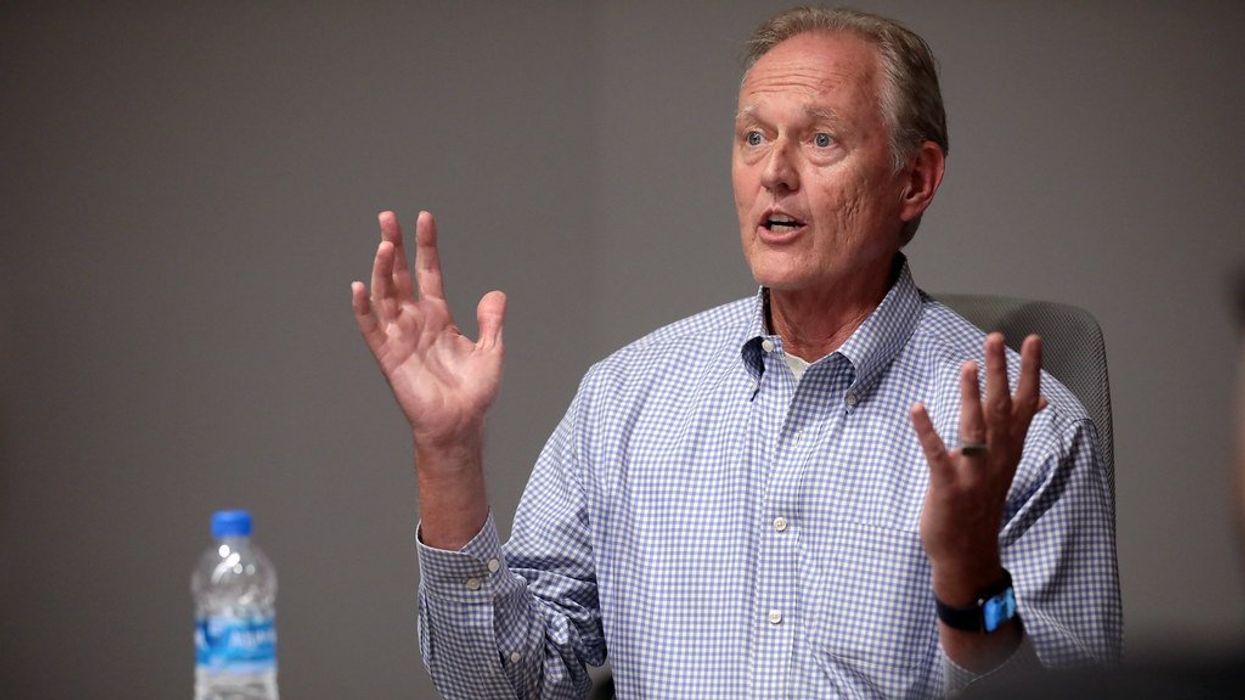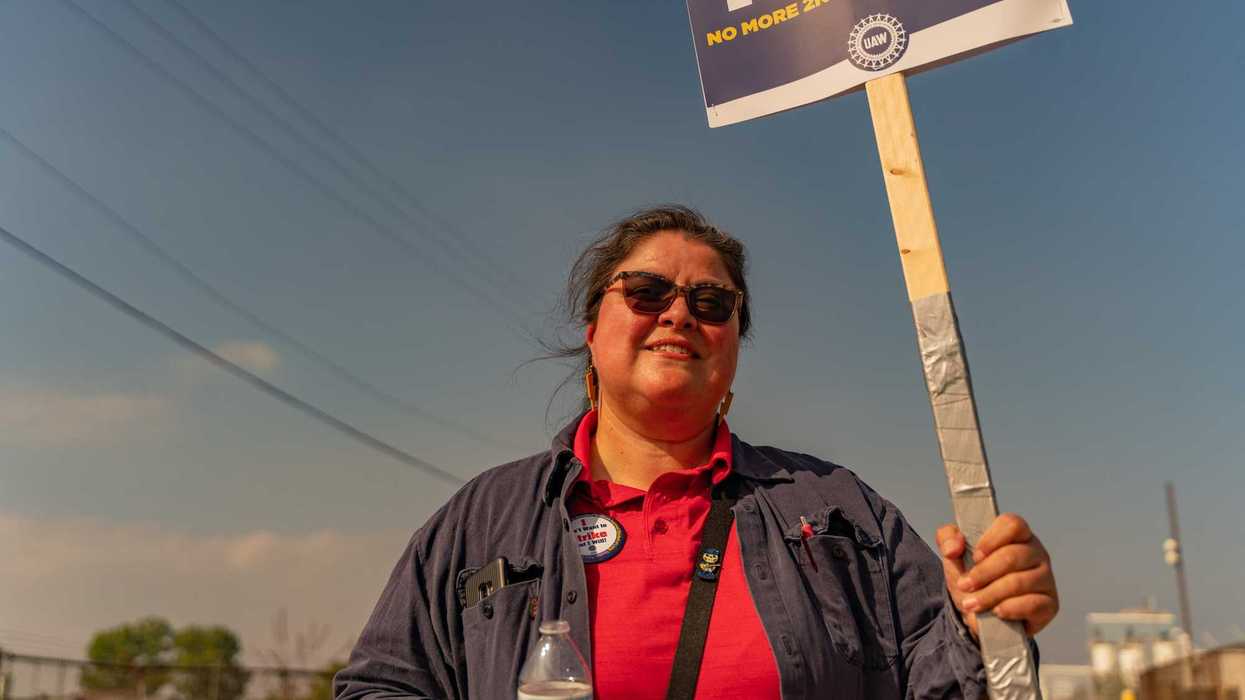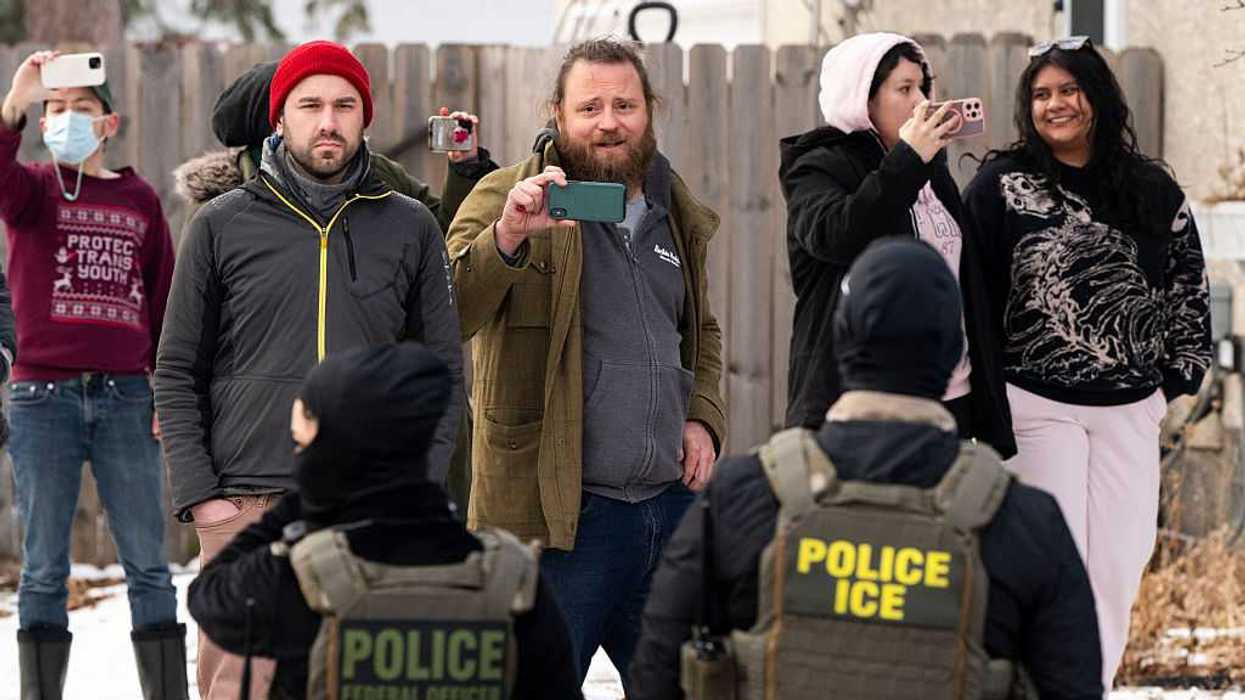John Opdycke is the founder and president of Open Primaries, a national advocacy organization working to enact and protect open and nonpartisan primaries and enhance the visibility and power of independent voters. This monthly column will offer John’s insights about how a people-powered, non-ideological democracy movement can be most effective in revamping our political process and culture to meet the needs of a complex and ever changing 21st century landscape.
“Oh and by the way, that’s the magical key to democracy. It’s talking to people you don’t necessarily agree with.” — Paul Johnson, former mayor of Phoenix
Welcome to Brash Tacks, a new monthly column I’m writing for The Fulcrum. Brash in that I will try my best to ruffle a few feathers and not to be predictable. Tacks in the nautical sense of navigating shifting winds. I’ve been an independent democracy activist for 30 years and have learned a bit about both.
My goal with this column is to offer notes about how a people-powered, non-ideological democracy movement can be most effective in revamping our political process and culture to meet the needs of a complex and ever changing 21st century landscape. Despite the best efforts of an increasingly unhinged partisan establishment to limit our growth and our impact, we are in a great position to punch above our weight in 2024. While the media will be obsessed with the presidential horse race (okay, most of us will be obsessed with the horse race) there are going to be so many opportunities to change the rules of the game in 2024. And changing the rules of the game has never been more important.
I had a great discussion last week with Paul Johnson, the former mayor of Phoenix. Paul is the co-founder of Save Democracy Arizona and Make Elections Fair Arizona, a left/center/right campaign to enact nonpartisan open primaries in Arizona via ballot referendum. Paul and his growing team have raised $5 million and are laser focused on gathering the 400,000-plus signatures they need to appear on the 2024 ballot. They are putting forth a bold and innovative policy that combines nonpartisan primaries for state and federal primaries with a “no more taxpayer funding for presidential primaries unless independents are allowed to participate” clause. It’s a very innovative approach.
Paul hosts a podcast called the Optimistic American – and that’s what he is. If you are ever feeling glum just listen to him for 15 minutes and you’ll want to hug your family, read up on Abraham Lincoln and start a business! He is also one of the most articulate spokespeople in the country for open primaries and responsive government. He’s so good because he’s run for office in a nonpartisan open system (Phoenix city council and mayor) and in a partisan system (governor of Arizona) and he knows intimately how the rules of the system impact how candidates campaign and how they govern. He’s a fan of open primaries because they force politicians to campaign to all the voters, not just their fellow partisans. That’s the magic of an open system, as opposed to the illusion of choice and participation in a closed system.
Watch our full conversation:
Can Arizona Lead the Way on Democratic Reform?www.youtube.com
Paul said two things in our discussion that really made me think. First, the way to mobilize and inspire Americans to vote “yes” on reform is to talk about values, not procedure. People respond strongly and positively when you talk about fairness, equality, a level playing field, inclusion, one set of rules for everyone – but they glaze over when you talk about technicalities. Second, why are so many Americans leaving the political parties, even liberals and conservatives who still believe in much of the parties’ platforms? Because people don’t want to be associated with a group, not in this era of “blame the other side for everything” toxic division and partisanship.
You know, Paul said, many independents look a lot like Democrats or Republicans. So why bother registering as an independent at all? Because they don’t want to be locked into a group. They want politicians to work for their vote and not take it for granted. They want agency. Independents feel strongly that the parties misuse their power and abuse the voters. They don’t want to join an organization that abuses and divides voters, even one that they agree with on many issues.
We all know the statistics: Forty-nine percent of Americans now identify as independents including 55 percent of young voters and 49 percent of veterans. But the statistics don’t tell the whole story. They don’t capture the motivations behind this expansion. Maybe the rise of political independence is an expression of support for the core American values of fairness and democracy as well as dissatisfaction with the way both major parties fail to protect those values.
We face some tough democracy battles in 2024. Partisan zealots are seeking to enact closed primaries in a dozen states and restrict the ability of citizens to use the referendum process in a dozen more. Reformers are advancing nonpartisan or open primaries in Nevada, Colorado, Idaho, Oklahoma, South Dakota, Utah, Rhode Island, D.C., New Mexico, Arizona, Pennsylvania, Montana, New York City and Florida. All of us can learn something from Paul about how to make these campaigns as appealing as possible to the voters. Focus on the core values of fairness and inclusion. And connect with the growing desire voters have to be taken seriously as individuals. Collective values, individual agency. Sounds like magic to me.




















Why does the Trump family always get a pass?